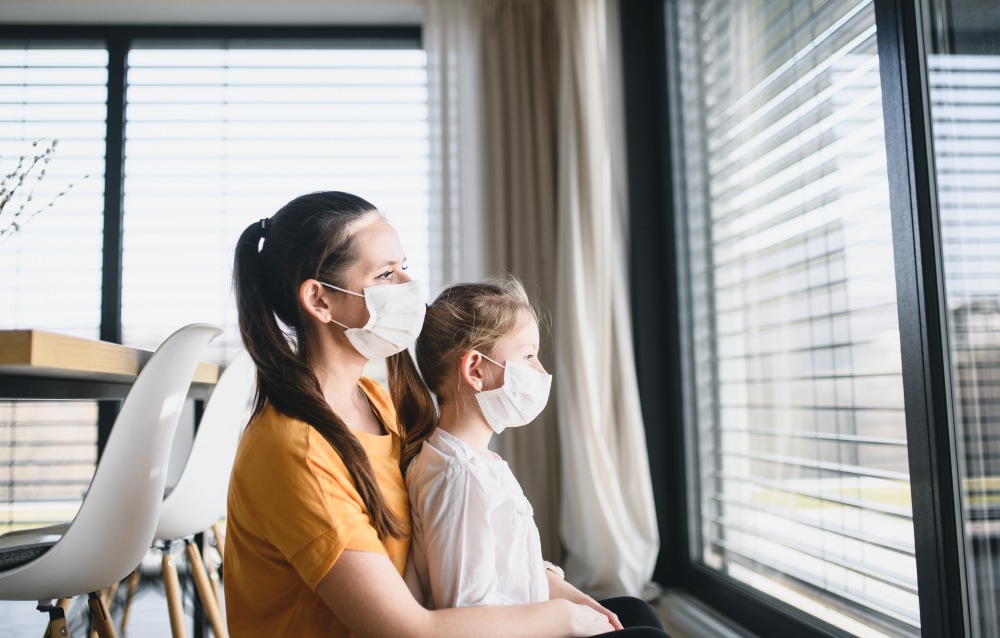Children under the age of 12 are not vaccinated, and according to pediatrician Patricia Bruijning that is not necessary. At most, in the long run, for a small group of vulnerable children. ‘We must not forget that children do get infectious diseases. That way they build up resistance.’
–
The cabinet wants to relax some quarantine measures, including those for young children, from 20 September. Pediatrician and epidemiologist Patricia Bruijning is in favor of this, she says in the NRC. ‘The aim of the current policy is to somewhat inhibit the spread of the virus and to keep it under control. It is not aimed at preventing every contamination.’
Different perspective
Now that a large part of the population has been vaccinated, the perspective has changed, says Bruijning. ‘Certainly for children, the risks of infection are not that great, we know after a year and a half of experience and research. Think of it, with a few exceptions, as a cold. We must not forget that children do get infectious diseases. This builds up resistance.
By comparison, 250 children end up in hospital with chickenpox every year. ‘Don’t hear anyone about it. Or take the house, garden and kitchen flu: every year 1,500 children get so sick that they end up in hospital. However, we do not think it is necessary to vaccinate all children against the flu. To my knowledge, a class has never been sent home because of the flu.’
Chickenpox or the flu
Since the start of the epidemic, a few hundred children under the age of twelve have ended up in hospital in the Netherlands. ‘Of course it is terrible for those who it affects, but if you compare it to chickenpox or the flu, there are really few of them.’
Bruining therefore believes that corona in children should be treated in the same way as, for example, the flu. ‘That means that you no longer use measures to prevent infections in children. Not everyone agrees. There is still a lot of fear, and rightly so, covid-19 is a terrible disease. But when it comes to healthy young children, I say let them build natural immunity. Barring exceptions, this can be done without a hitch.’
Vaccine for young children
Bruijning knows that a vaccine for young children is being worked on. ‘Pfizer has now completed the studies in children between the ages of six and twelve, Moderna is almost there. I expect that at least one vaccine will be registered by the end of this year. The Health Council will then consider who should receive the vaccine. I suspect that it concerns a small group of vulnerable children.’
–

